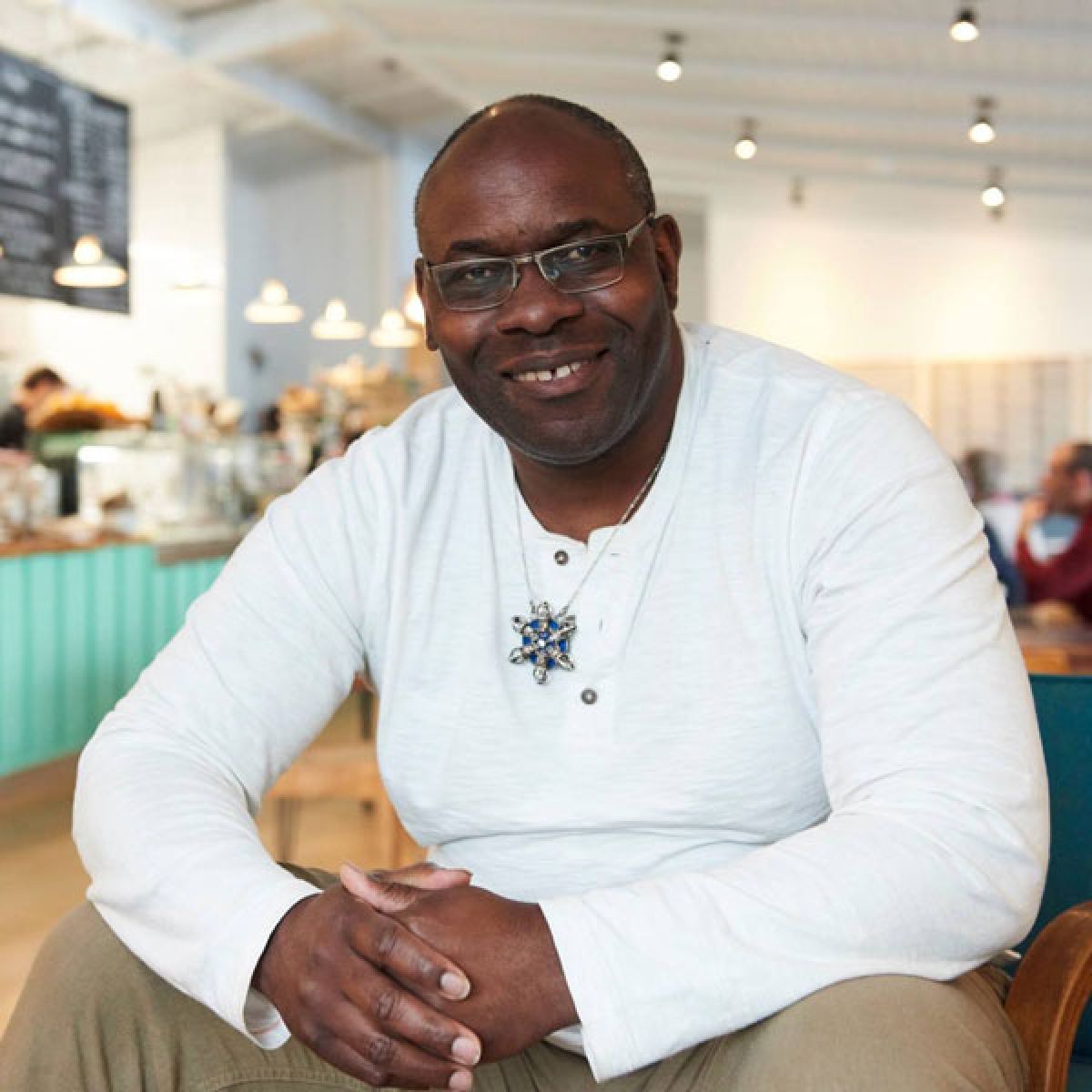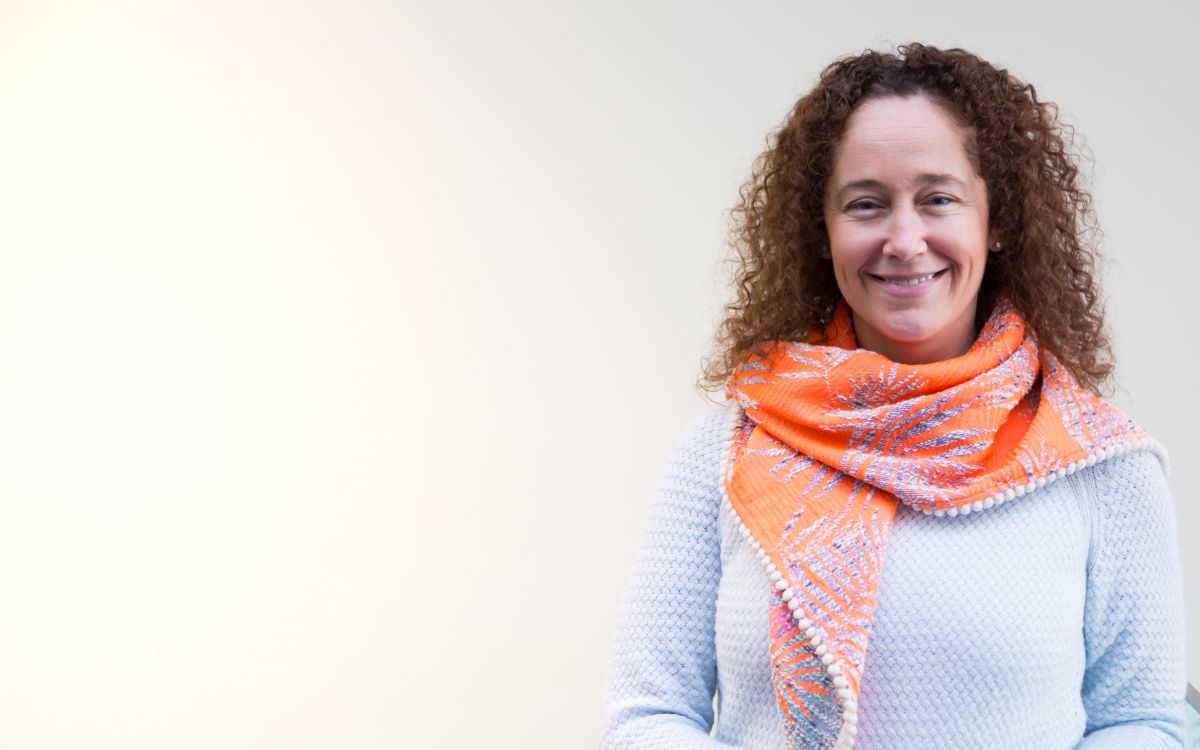The UK’s 100,000 social enterprises work close to their communities and employ two million people, often supporting minoritised and marginalised groups.
But the COVID-19 crisis has had a huge impact on them. At the School for Social Entrepreneurs, we ran a survey with our programme participants to better understand the impact of pandemic. Almost two-thirds (63%) said their trading impact was wholly negatively affected.
Discover how three social entrepreneurs are coping with the pandemic and COVID-proofing their businesses through social investment.
Creating an accessible, digital space
As lockdown was enforced throughout the UK, arts venues had to close their doors. Music concerts and festivals were cancelled, tickets refunded, and events postponed.
Sandra Bhatia knows this all too well. She is one of the founding members of OneFest, which runs training programmes for a new generation of artists, performers, and music industry professionals.

Delivered in the north and south of England, OneFest consists of a large music event, workshops, panels, and one-to-one advisory sessions. As well as supporting a new wave of creatives, OneFest runs an eponymous music festival with a social conscience.
When the pandemic hit, Sandra had to rethink in-person events. She and her team began to brainstorm how to move part of the training progamme online, creating new digital spaces for the cohort, as well as OneFest’s audience. “We’re generating additional content, creating an archive on the website,” she explains. “We will be filming sections of the main events which anybody can access. It’s also a potential new way of generating additional income.”
OneFest plans to hold its first physical event since lockdown in May 2021. It will have a small physical audience and will also be live-streamed to a mass digital audience.
Sandra has had to postpone the event a couple of times already. But she is determined to hold the larger music festival in person once it is safe to do so. “We’ve taken out a small bounce back loan for contingency, to make sure we can carry ourselves through,” she explains.
Partnering up
Social entrepreneurs have joined forces with other social impact organisations and partners to help them weather this storm. This is particularly powerful for organisations that support people’s mental health – which may have declined during the pandemic.
We have had to broaden our remit to focus on mental health and grief, using this time to collaborate with a range of organisations.
- Chukumeka Maxwell, founder of Action to Prevent Suicide CIC (ATPS)

The organisation has set up a ‘circles in schools’ project which has led to the creation of Circlewise CIC, a restorative practice promoting social, emotional and academic learning. ATPS has also partnered with Ubuntu Counselling services, offering counselling to people from Black, Asian and minoritised ethnic backgrounds, who are disproportionately affected by the crisis.
Chukumeka also helped with the suicide prevention information on Project 5. This was launched to support the mental health and wellbeing of frontline NHS and health and social care staff during COVID-19.
“More collaboration rather than competition” seems to be his motto during these turbulent times.
Changing business strategy

Caring Cooks of Jersey aims to combat childhood obesity, diabetes and tooth decay. It offers healthy school meals and free meals to low-income families, as well as running nutrition education programmes. Its founder, Melissa Nobrega, initially had to furlough eight staff because of financial pressures. Despite this blow, the pandemic has been an opportunity for her to scale her organisation.
Prior to lockdown, Melissa launched a school lunchtime programme: Flourish, providing two primary schools with hot nutritious meals. She wanted to expand to three schools, when lockdown hit. She had to rethink her business strategy, focussing on the immediate needs of her community, and to ensure she could retain the remainder of her team.
“Within three days I was able to deliver meals to an island (Jersey) during lockdown - 10,000 meals for 293 households,” she explains.
We had to quickly change how we worked, creating safe working protocols in the kitchen, new shift patterns, PPE. It was a lot of hard work.
During 15 weeks of the community meal service, not only did the team step up and support their community, but Caring Cooks of Jersey also won a government tender worth £3m to deliver a school food service to five secondary schools. This initiative, an expansion of the Flourish programme, is due to launch late 2020.
Melissa explains that Caring Cooks of Jersey is likely to take an interest-free loan from an existing donor to allow for a future initiative, You Cook.
OneFest, Action to Prevent Suicide, and Caring Cooks for Jersey have had different setbacks and opportunities during the pandemic. But one thing they have in common is resilience.
Looking for more advice and resources to help social enterprises and charities weather the storm? The Good Finance resource hub is being updated regularly, as well as the School for Social Entrepreneurs’ coronavirus resource hub.
Henna Patel is communications coordinator at the School for Social Entrepreneurs. Stay connected with her @hennadp and @SchSocEnt.
